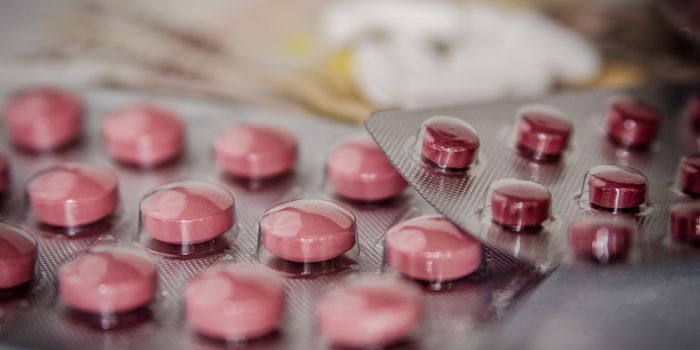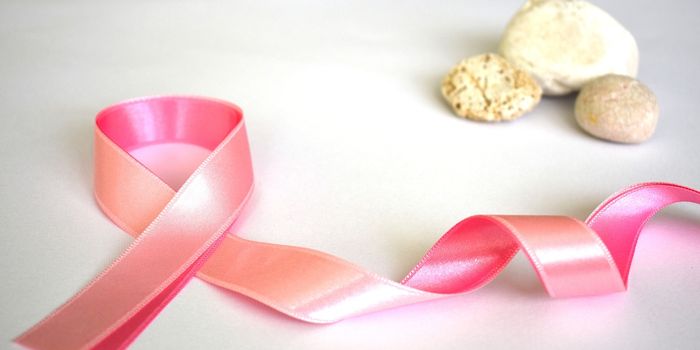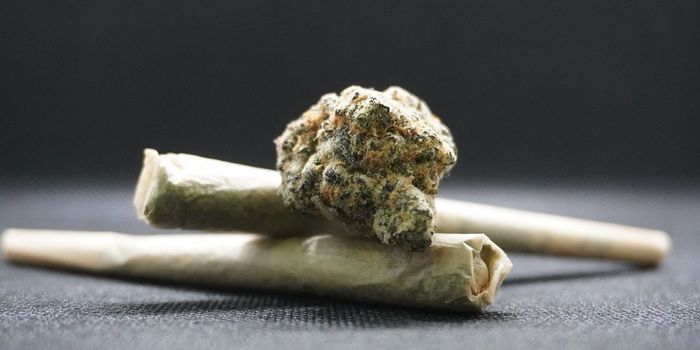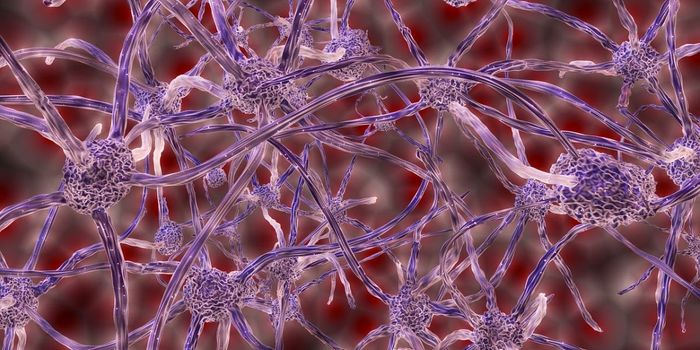Rebalancing Gut Bacteria May Cure Crohn's Disease
A new study suggests that persistent gut dysbiosis may increase the risk of Crohn's disease relapse in children. The researchers say that targeting the root causes of dysbiosis- through fecal transplants for example- may prevent relapse and, thus, possibly cure the condition. The corresponding study was published in Scientific Reports.
Crohn's disease is a type of inflammatory bowel disease that causes chronic inflammation of the gastrointestinal tract. Symptoms include abdominal pain, weakness and malnutrition as the body is less able to absorb nutrients. Although the condition mostly affects adults, tens of thousands of children live with it in the US. In children, Crohn's disease can lead to stunted growth and delayed puberty. Some children may also need to have parts of their GI tract surgically removed.
"Currently, the main goal of most Crohn's disease treatments is to manage symptoms. This usually means taking different drugs to address inflammation and encourage healing. However, these are not cures, meaning these drugs need to be taken continuously to prevent relapse," said study author Ning-Jiun "Ninj" Jan, PhD, a senior scientist at the University of Virginia in a press release.
For the study, researchers compared intestinal biopsy samples from six children with Crohn's disease in remission with those from a control group of 16 pediatric patients with no signs of Crohn's. Ultimately, they found that children with Crohn's had significantly lower levels of some bacteria, such as Streptococcus and Actinobacillus, and significantly higher levels of others, such as Oribacterium, which has previously been linked to disruptions in the gut microbiome.
They also noticed that children with Crohn's disease had increased levels of CD4+ cells, which play a key role in inflammation, and stronger barriers of epithelial cells lining their intestines. The findings, noted the researchers, suggest that while interventions for Crohn's disease may be effective for markers of intestinal inflammation, they may not resolve underlying gut dysbiosis.
"Current therapeutics have focused on treating clinical symptoms which can leave patients vulnerable to relapse. Our work suggests that incorporating therapies that target the root causes of dysbiosis could lead to improved treatments with fewer relapses," said study author Rebecca Pierce, a medical student at Georgetown University, in a press release.
.
Sources: Science Daily, Scientific Reports









